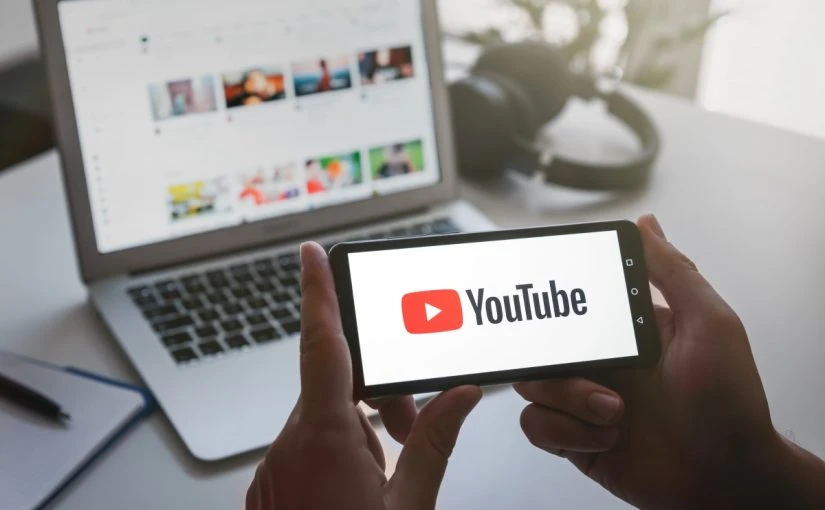Music consumption in the digital age has changed dramatically. YouTube plays an important role in the evolution of music consumption. It is one of the largest platforms to discover and share music. The desire to convert YouTube audio to MP3 has created a controversy. The article explores the history of YouTube MP3 converters and their legality. It also examines the impact they have on the music business.
YouTube’s Rise as a Hub for Music:
YouTube is the go-to music platform of choice for millions of music lovers around the world. It offers a huge library, including music videos and live performances. YouTube has dominated the streaming music landscape due to its ease of use and ability to find mainstream artists as well as niche ones.
Birth of YouTube MP3 converters
YouTube users began to realize the importance of downloading and saving their favorite music into a portable format. youtube to mp3 converter were created to meet this demand. They allow users to convert YouTube video audio into MP3 files which can then be saved on devices.
The Legal Aspects of the Situation
The legality of YouTube MP3 Converters remains in question. While their convenience is obvious, they are not without controversy. YouTube’s Terms of Service explicitly forbid downloading content without permission. Some argue that the conversion of videos into MP3 files to be used for personal purposes falls under a grey area as it could be considered fair use.
The music industry, as well as content creators, express concern about possible copyright violations. The argument is that unauthorized downloads and distributions of music via these converters rob artists and rights holders of the revenue they generate through streaming services.
Lawsuits and countermeasures
YouTube took action to discourage conversions in response to concerns from the music industry. YouTube has taken technological steps to stop the download of videos and issued legal warnings against popular converter websites. Some converters were subjected to legal actions, which led to them being forced to shut down or modify their services to comply with copyright law.
The Evolution of Converting and Streaming Service:
YouTube MP3 Converters are still evolving despite the legal and political battles. Some converters adapted to copyright laws by adding features such as a sharing platform that allows users to upload their material instead of ripping it directly from YouTube. Some converters have focused on promoting independent artists.
The rise of legal music streaming services offers users convenient, and legally acceptable alternatives. Spotify, Apple Music, and YouTube Music provide a vast library of songs that can be streamed, removing the need to use unauthorized download methods.
The impact on artists and the music industry:
YouTube MP3 Converters have a multi-faceted impact on the music and artist industries. These converters allow independent artists and newcomers to be exposed, reaching a wider audience. The potential revenue loss for copyright owners and established artists is a major concern.
Music consumption in the future:
The landscape of music continues to change as technology progresses. This controversy over YouTube MP3 converters represents just one part of the story about how music is accessed and enjoyed by users. Future innovations may bridge user needs and copyright laws.
Education of Users
A second avenue is to educate users on the effects of unauthorized downloading. This will help them understand the wider impact that unauthorized downloads have on the music industry. Music lovers can be encouraged to take responsibility by educating them about how piracy affects the ability of artists to produce and generate revenue.
Partnership between Government and Industry:
The music industry and government agencies can work together to create comprehensive policies that tackle the problems posed by unauthorized downloading. A nuanced strategy is needed to strike a delicate balance between respecting the rights of users and protecting intellectual property.
Conclusion:
The world of digital audio has been slashed by the proliferation of YouTube MP3 Converters. They are convenient for users but raise ethical and legal issues. This ongoing debate about these converters highlights the importance of a balanced, respectful approach to music consumption that acknowledges both the content creator’s rights and the evolving dynamics.
Finding a common ground that balances user convenience with copyright protection is proving to be a difficult task as the music industry adapts to the new digital environment. The evolution of YouTube MP3 converters is a reflection of the wider transformation in the music industry. It highlights the delicate balance that must be maintained between the use of technology and protecting artistic works.

